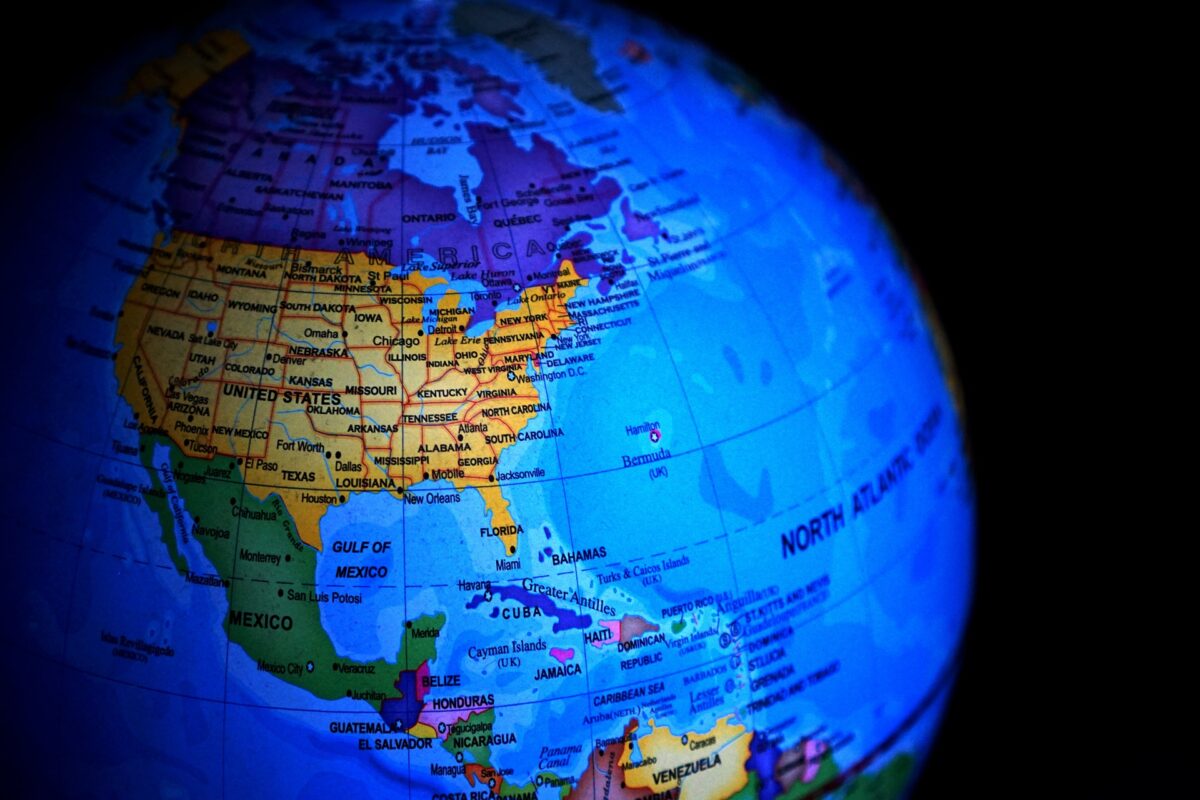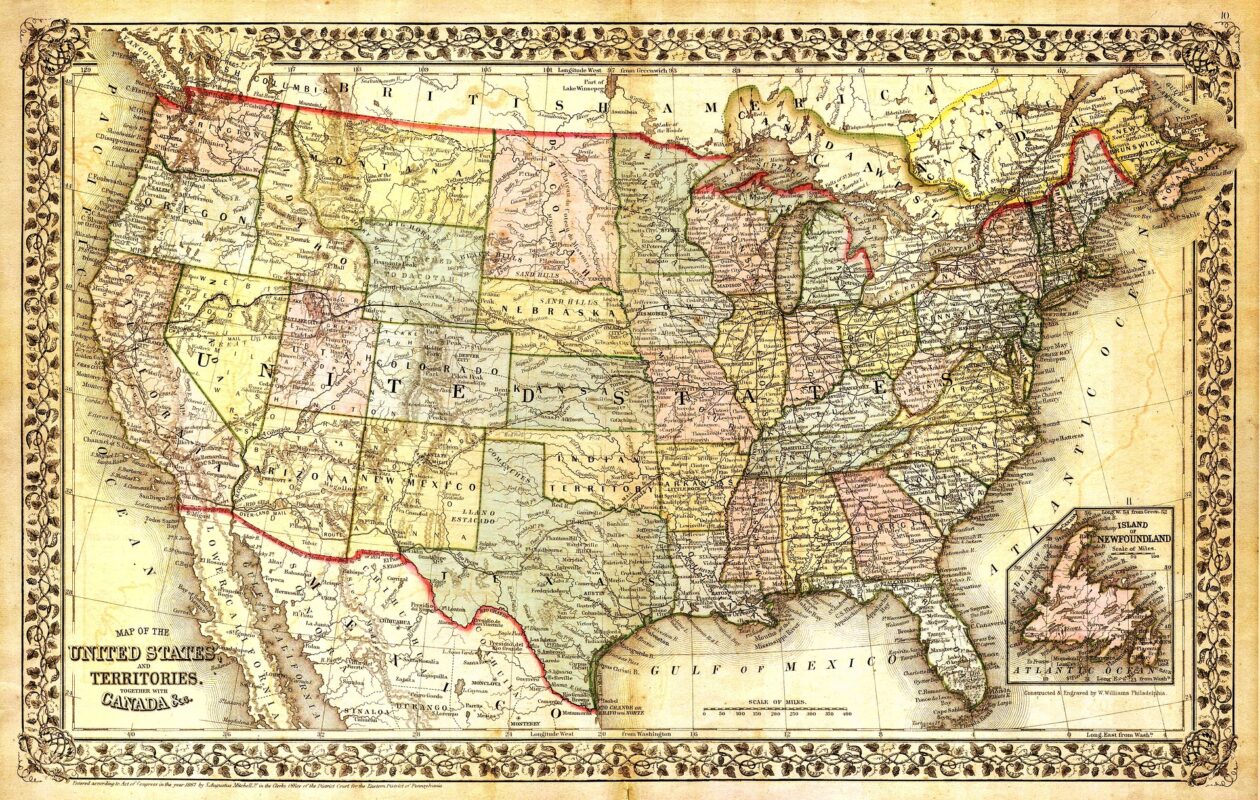
Blog
Risk of the U.S. Energy Industry from Tariffs on Canada and Mexico

We face the risk of rising prices! Nearly every product requires electricity for production, and energy costs could soar due to tariffs on imports from Canada and Mexico. If former President Trump imposes higher tariffs on these countries, the U.S. economy could undergo significant changes likely more dramatic than you might expect. Not only would prices for goods from Canada and Mexico increase, but domestic products would also become more expensive due to higher energy costs. Wondering why this could happen? Let’s break it down and explore how it might impact you! Here’s a perspective from the viewpoint of an American citizen.

The U.S. Energy Industry’s Dependence on Canada and Mexico
Did you know that over 60% of U.S. crude oil imports come from Canada and Mexico? Canada alone accounted for 52% of these imports in 2023, sending an average of 4.42 million barrels of oil per day. Mexico isn’t far behind, contributing about 11% of our oil imports. This isn’t just a random statistic—it highlights how deeply connected we are to these neighboring countries.
Here’s something you might not realize: many U.S. refineries, especially those in the Midwest and Gulf Coast, are designed specifically to process the oil that Canada supplies. The oil imported from Canada is thicker and contains higher levels of sulfur. Mexico’s medium and light crude oils complement our domestic production, ensuring a balanced energy supply. What happens if tariffs disrupt this delicate system? The answer isn’t pretty.
Immediate Economic Consequences
1. Increased Costs for Refineries
By 2019, Midwest refineries processed 2.5 million barrels per day of Canadian crude, while the Gulf Coast’s 53 refineries process large amounts as well. Those refineries can’t just switch to another source overnight. Adapting to different oil types or finding new suppliers would be expensive and time-consuming. These costs wouldn’t stay at the refinery level—they’d show up in your gas tank or utility bills.
2. Rising Energy Prices for Consumers
Higher tariffs would act like a tax on imported energy. If Canadian and Mexican oil becomes more expensive, so does the gasoline, heating oil, and electricity that rely on it. Gasoline prices could rise by 10 to 25 cents per gallon depending on how the market adjusts. With inflation already a concern, do we really need another hit to our wallets?
3. Strain on Domestic Production
You might think, “Can’t we just produce more oil here?” While that’s a reasonable question, it’s not that simple. U.S. oil producers face challenges like drilling permits, labor shortages, and environmental regulations. Plus, most of our domestic oil is light sweet crude, which isn’t a perfect match for the refineries designed for heavier imports.
Certainly, many initiatives are focused on promoting renewable energy, but Trump’s policies would likely boost the oil industry in the U.S., making it more challenging due to a lack of government investment in clean energy.

Risks to Energy Security
Energy security isn’t just a buzzword; it’s about having a stable, affordable, and reliable energy supply. Higher tariffs could jeopardize this in several ways:
1. Increased Reliance on Other Nations
Even if we reduce the amount of oil imported from Canada and Mexico, we could eventually face a shortage of the oil our country needs. This would force us to turn to suppliers farther afield, such as the Middle East or Venezuela, which could expose us to geopolitical risks and supply disruptions. Would you feel comfortable relying more on politically unstable regions?
2. Disruption to Strategic Petroleum Reserves (SPR)
The SPR is like our energy savings account for emergencies. What if tariffs cause shortages or price spikes? Yes, we might have to dip into these reserves. But what happens when the account runs dry? It’s a risk we can’t afford to ignore.
3. Potential Retaliatory Measures
Here’s another concern: Canada and Mexico are major trade partners under the USMCA. If we impose tariffs, they might retaliate with their own. This could escalate into a broader trade war, affecting not just energy but other industries like agriculture and manufacturing.

Impacts on the Broader Economy
1. Inflationary Pressures
Higher energy prices ripple through the economy. Transportation, manufacturing, and agriculture—all rely on affordable energy. In 2023, the United States imported approximately $429.6 billion worth of goods from Canada and $454.8 billion from Mexico, totaling about $884.4 billion.
If these sectors face higher costs, you’ll see it in the price of goods and services. Groceries, clothing, and even your Amazon deliveries could become more expensive.
2. Impact on Job Markets
Millions of Americans work in the energy sector. If tariffs make imported oil unaffordable, some refineries might scale back operations or shut down entirely. That’s not just a loss for the energy industry—it’s a loss for communities that depend on these jobs. As of 2022, the U.S. petroleum refining industry employed over 170,000 people, and over 60,000 in 2023.
3. Competitiveness of U.S. Exports
Think about the products we export—cars, machinery, food. All of these rely on affordable energy to stay competitive in global markets. If energy costs rise, our exports might lose their edge, affecting our trade balance and economic growth.
Environmental Considerations
Tariffs on North American oil could lead to imports from countries with higher environmental costs, like Venezuela, increasing the carbon footprint. Additionally, importing oil from distant nations would raise transportation emissions, whereas Canada’s and Mexico’s proximity helps keep emissions lower.

The Geopolitical Landscape
Energy policy isn’t just about dollars and cents; it’s about relationships. Disrupting trade with Canada and Mexico could weaken our ties with two of our closest allies. Meanwhile, competitors like China or Russia might seize the opportunity to expand their influence in global energy markets. Certainly, if a stricter border is created between these countries, the U.S. may benefit from fewer illegal refugees. However, in some areas, around 10% of the economy relies on them, so it’s evident that the economy would experience significant changes.

Conclusion
Imposing higher tariffs on Canadian and Mexican energy imports may seem like a way to safeguard U.S. interests, but the situation is much more complex. The potential drawbacks, including higher costs, energy insecurity, and economic and environmental risks, are substantial. With the likelihood of increased tariffs and an accelerated oil industry, companies must adapt by reassessing their sales strategies and ESG policies. At Carbon Da Capo, we are here to help you navigate these changes and plan for the future. Let’s move forward together.
